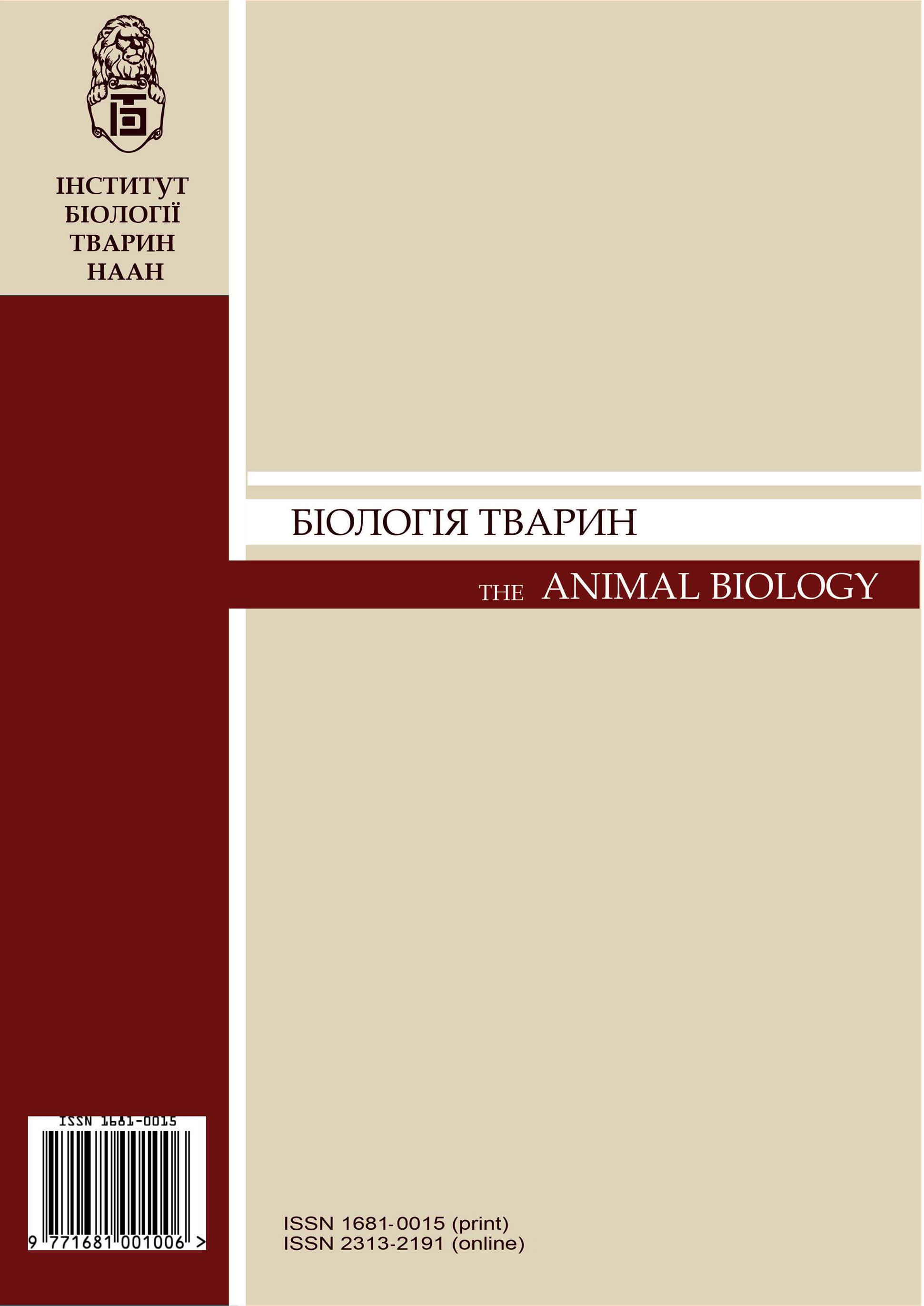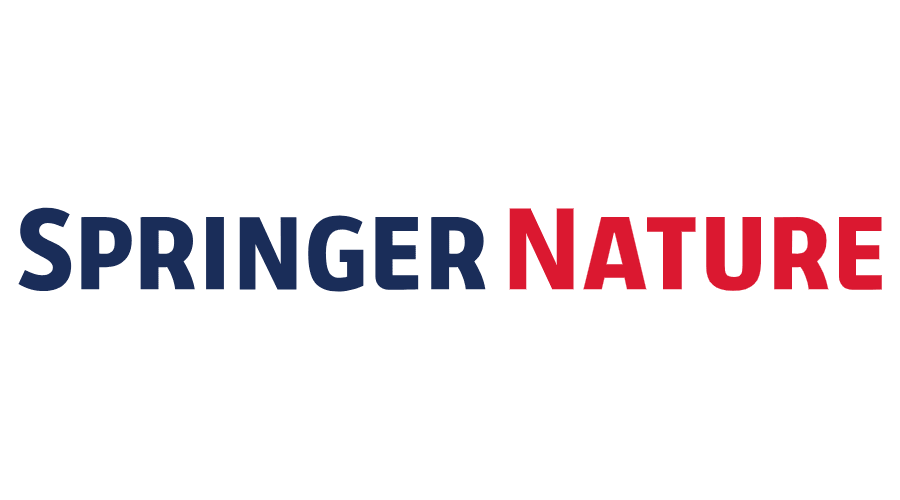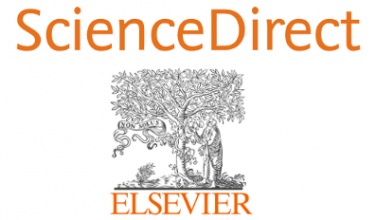OVERVIEW
The Laboratory was created in 2000 on the basis of Laboratory of Farm Animals Biochemistry as a Laboratory of Environmental Physiology and Biochemistry. Since 2007 it was renamed into Laboratory of Environmental Physiology and Production Quality.
From the creation till 2015 the head of the Laboratory was Rostyslav Fedoruk, Dr. sci., professor, NAAS corresponding member. In 2015–2021 the Laboratory was headed by Iryna Kovalchuk, Dr. sci., senior researcher. In 2021–2022 duties of the Laboratory head were performed by Maria Tsap, PhD. Since July 2022 the head of the Laboratory is Vasyl Kaplinskyi, PhD.
THE LABORATORY STAFF:
Kaplinskyi Vasyl – head of the laboratory, PhD
Kovalchuk Iryna – leading researcher Dr.Sc.
Pylypets Andriy – senior researcher, PhD
Romanovych Mykola – researcher, PhD
Androshulik Ruslan – researcher, PhD
Perederii Diana – researcher, PhD
Nasedkina Nadiya – chief specialist
RESEARCH AREAS
The laboratory performs the following tasks in the scientific research program:
33 “System of complex scientific support of beekeeping in Ukraine” (Beekeeping)
- 33.00.02.05. Fundamental “The study of the mechanisms of the microelements citrates and immunobiotics effect on the bee organism” (2021–2025), research supervisor I. Kovalchuk
43 “Adaptation processes in highly productive farm animals under the influence of environmental and climatic factors” (“Animal physiology and biochemistry”);
- 43.00.02.09. Applied “Research of adaptation processes in cattle moved to the Western region from the Eastern and Southern Ukraine under martial law”, research supervisor V. Kaplinskyi.
Research on the biological impact of novel probiotics and nanotechnological compounds obtained on the basis of biotic macro- and microelements;
Study of the physiological and biochemical adaptation mechanisms to the agroecological factors in farm animals;
Theoretical discourse on the development of new dietary supplements and the study of the physiological mechanisms of their impact on the resistance and adaptability in animals;
Ecological and biochemical assessment of livestock raw materials and products using certified analytical and test research methods;
Improvement of existing and development of novel methods of physiological, biochemical and ecological research, their adaptation according to modern requirements.
MAIN ACHIEVEMENTS
During the last 10 years the Laboratory employees are co-authors in 6 textbooks, 6 manuals, 2 handbooks, there are 15 methodical recommendations published, 5 technical terms approved, 40 patents obtained.
In 2020, the results of Laboratory research were included in the competitive research paper of Institute of Animal Biology NAAS “The use of mineral compounds and polyfunctional nanomaterials in animal husbandry and veterinary medicine” which received the State Prize in the field of science and technology of Ukraine.
COLLABORATION INTERESTS
Study of the resistance, adaptation and productivity formation in farm animals in various agroecological conditions;
Development and implementation of methods and ways of increasing the viability in productive animals;
Testing of novel nanotechnological materials and probiotics in animal husbandry;
Environmental and biochemical assessment of livestock raw materials and products, taking into account the production conditions;
Development of scientific basis for systematic assessment of beekeeping products biological value and quality;
Scientific support for cattle breeding and beekeeping in different agroecological production conditions;
Discussing and implementation of recommendations for increasing the beekeeping efficiency and obtaining ecological products at commercial apiaries;
Research of adaptation processes in cattle moved to the Western region from the Eastern and Southern Ukraine under martial law;
Advisory service, evaluation of the prospects for the livestock industries development under different agroecological conditions.
The Laboratory offers:
Biochemical research:
- determination of total protein and protein fractions;
- determination of common lipids and their classes;
- determination of the of lipid peroxidation products content (lipid hydroperoxides, malondialdehyde).
Study of the livestock production biological value and quality:
- the milk: content of water, fat, dry non-fat milk residue, protein, lactose; thickness, freezing point, pH, electrical conductivity, number of somatic cells;
- beekeeping production (honey, bee pollen, honeycomb): mass fraction of water, sugars; content of proline, organic acids, mineral elements and hydroxymethylfurfural; diastase number.
RECENT PUBLICATIONS
Iskra RY, Fedoruk RS. Chromium, its properties, transformation, and impact on humans. Fiziol. Zh. 2022; 68 (4): 89–97. DOI: 10.15407/fz68.04.089. (Scopus)
Vorobel M, Kaplinskyi V, Klym O, Grymak A, Telushko H. Anaerobic fermentation of chicken manure and methods for intensifying methane output. Sci. Horizons. 2022; 25 (4): 36–44. DOI: 10.48077/scihor.25(4).2022.36-44. (Scopus)
Kovalchuk II, Fedoruk RS, Spivak MY, Romanovyсh MM, Iskra RY. Laсtobaсillus сasei IMV B-7280 immunobiotic strain influence on the viability of honey bees and the content of microelements in the organism. Microbiol. J. 2021; 83 (2): 42–50. DOI: 10.15407/microbiolj83.02.042. (Scopus)
Fedoruk RS, Tesarivska UI, Kovalchuk II, Iskra RY, Tsap MM, Khrabko MI, Koleshchuk OI. The indices of thyroid system and metabolism of rats under the influence of nanocomposition based on iodine and citrate. Ukr. Biochem. J. 2021; 93 (3): 92–100. DOI: 10.15407/ubj93.03.092. (Scopus)
Fedoruk RS, Tesarivska UI, Kovalchuk II, Tsap MM, Kaplunenko VH, Koleschuk OI, Khrabko MI. Biological effects of Iodine, Selenium, Sulfur citrates in broiler chickens. Regulatory Mechanisms in Biosystems. 2021; 12 (3): 113–120. DOI: 10.15421/022172. (Web of Science)
Tsap MM, Kovalchuk II, Koleshchuk OI, Tesarivska UI, Kushnir IM. Influence of watering I, Se, S citrate on growth and development of chicken-broilers. Sci. Horizons. 2020; 23 (10): 25–32. DOI: 10.48077/scihor.23(10).2020.25-32. (Scopus)
Kovalchuk I, Kykish I, Kaplunenko V. The influence of microelements citrates on reproductive ability of bee queens. In: Actual problems of natural sciences: modern scientific discussions. A collective monograph. Riga, Latvia, Baltija Publishing, 2020: 87–110.
Kovalchuk I, Dvylyuk I, Lesyk Y, Dvylyuk I, Gutyj B. Physiological relationship between content of certain microelements in the tissues of different anatomic sections of the organism of honey bees exposed to citrates of argentum and cuprum. Regulatory Mechanisms in Biosystems. 2019; 10 (2): 177–181. DOI: 10.15421/021926. (Web of Science)
Kovalchuk I, Fedoruk R, Vasylkivska T. Biological action of trace elements citrates on melliferous bees in different life periods. 46th Apimondia. International Apicultural Congress “Beekeeping together within agriculture”, 8–12 September 2019, Montreal, Canada; 2019: 161–162.
CONTACT INFORMATION
Contact person: Vasyl Kaplinskyi, PhD
Phone number: +380-97-256-39-31
email: This email address is being protected from spambots. You need JavaScript enabled to view it.





